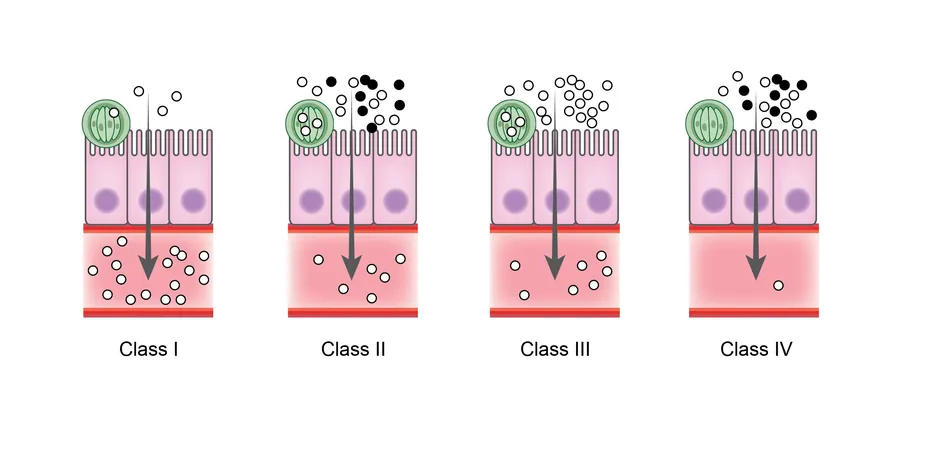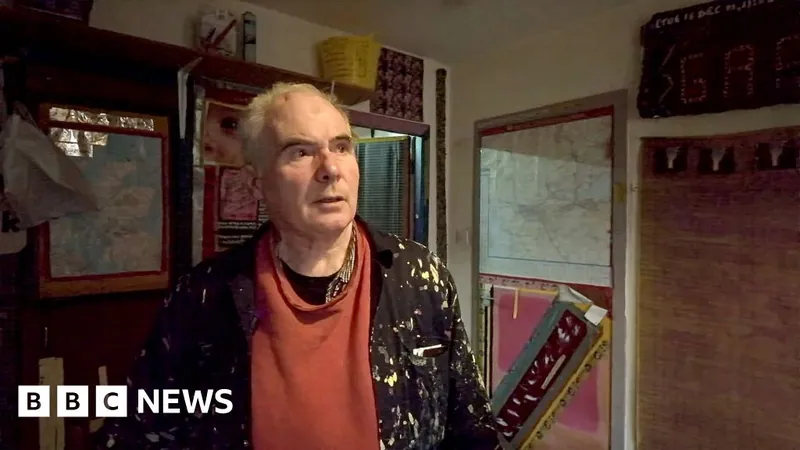
PM Anwar Ibrahim's Bold Move: Minimum Wage Increased to RM1,700! What This Means for Malaysia's Workers
2024-10-28
Author: Arjun
Introduction
In a significant announcement, Prime Minister Datuk Seri Anwar Ibrahim declared that the minimum wage in Malaysia will be raised to RM1,700, effective February 1, 2025. This decision, he states, is a clear manifestation of the unity government's political will and determination to uplift the lives of Malaysian workers.
The Need for Change
Speaking at the launch of the Putrajaya MADANI Residency Housing Development, Anwar emphasized the necessity of the move, stating that relying solely on companies to make such decisions would hinder progress. "If I leave it to the companies, there would be no decision—it’s impossible to reach one that way," he expressed, underscoring the government's proactive role in setting wage standards.
Increased Minimum Wage
This increase from the current minimum wage of RM1,500 is seen as a crucial step towards ensuring that workers receive fair compensation as the nation’s economy grows. The government also announced a six-month exemption for businesses with fewer than five employees, allowing them more time to adjust to the new wage structure.
Adjustments for Civil Servants
Anwar also addressed the 15 percent salary adjustment for civil servants under the Civil Service Remuneration Scheme (SSPA), set to begin on December 1. He stressed that while this adjustment will significantly increase salary costs—by more than RM10 billion—the focus needs to be on the accountability and responsibility of civil servants to ensure the effectiveness of government services.
A Shift in Focus
Despite some critics arguing that the 2025 Budget lacks major projects, Anwar defended his focus on social infrastructure, stating, "For me, mega projects are people’s housing, stalls, quality school facilities, and good healthcare." He urged a shift in mindset, advocating for a new economic framework that concentrates on sustainable and dynamic growth.
Addressing Poverty
Furthermore, Anwar highlighted the government's commitment to eradicating hardcore poverty, emphasizing the urgent need to support families struggling to afford basic necessities like food, baby formula, and school uniforms. He pointed out the contradiction in a prospering nation that still faces high levels of extreme poverty, affirming that it is the government's responsibility to address this disparity.
Conclusion
As Malaysia gears up for this wage increase, it remains to be seen how businesses will adapt and what impact this will have on the overall economy. Will this bold move truly bridge the gap between the rich and the poor, or will it lead to new challenges for small businesses? Only time will tell as the new economic strategies unfold.






 Brasil (PT)
Brasil (PT)
 Canada (EN)
Canada (EN)
 Chile (ES)
Chile (ES)
 España (ES)
España (ES)
 France (FR)
France (FR)
 Hong Kong (EN)
Hong Kong (EN)
 Italia (IT)
Italia (IT)
 日本 (JA)
日本 (JA)
 Magyarország (HU)
Magyarország (HU)
 Norge (NO)
Norge (NO)
 Polska (PL)
Polska (PL)
 Schweiz (DE)
Schweiz (DE)
 Singapore (EN)
Singapore (EN)
 Sverige (SV)
Sverige (SV)
 Suomi (FI)
Suomi (FI)
 Türkiye (TR)
Türkiye (TR)